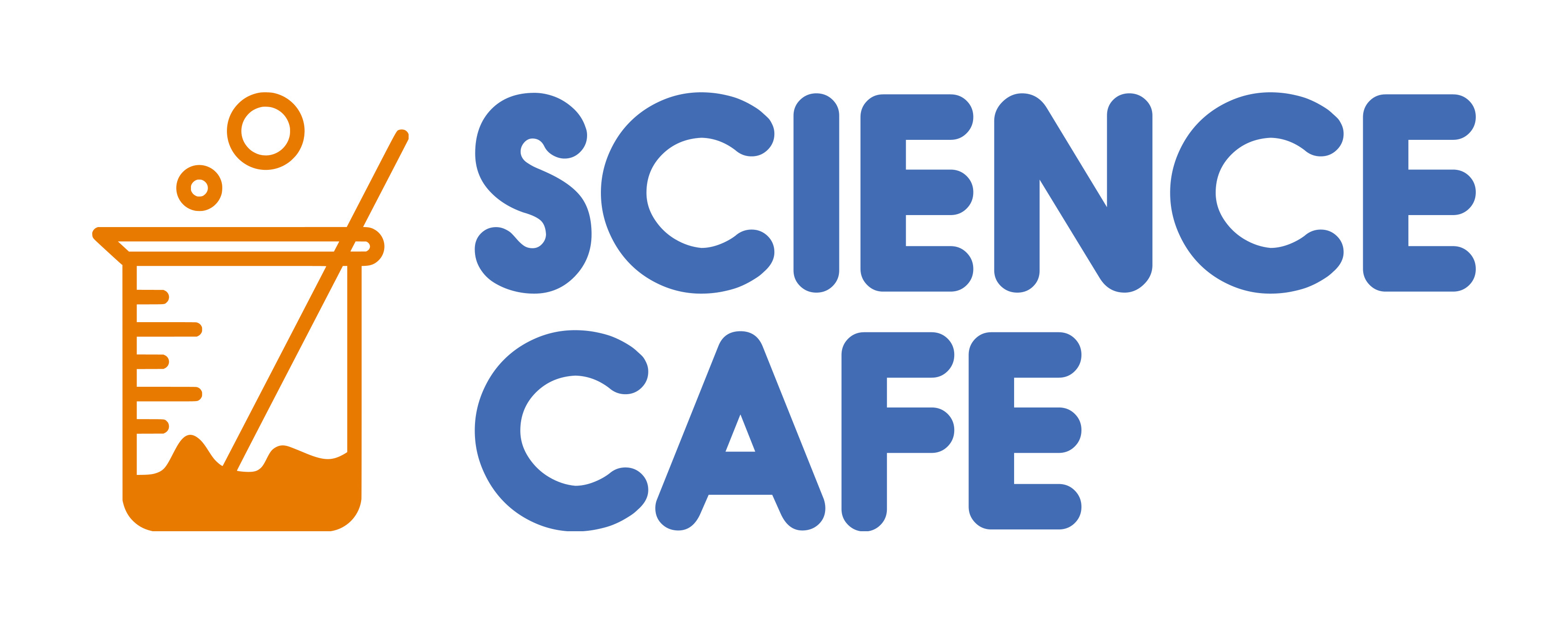How GCSE Exam Design May Unintentionally Disadvantage Neurodivergent Students
How GCSE Exam Design May Unintentionally Disadvantage Neurodivergent Students
The UK’s GCSE system is at a new moment of scrutiny. A recently launched project, EXAMINE, is investigating whether parts of the GCSE exam format—beyond access arrangements—are contributing to a persistent attainment gap for neurodivergent pupils. Nuffield Foundation.
This is vital stuff: it’s not just about what support is available, but whether the assessments themselves are fair.
What We Know and What’s Being Investigated
Even when adjustments are allowed—rest breaks, extra time—neurodivergent students (for example, autistic learners, students with ADHD or dyslexia) still tend to score lower on average in GCSEs. Some of this gap may come from question wording: idiomatic phrases, multi‑step/multi‑part questions, or structures that demand holding large chunks of information in working memory. The EXAMINE project is examining these specific features to determine whether modifying them could improve performance. Nuffield Foundation
Why This Matters
Retention of Knowledge vs Exam Format
Even with strong teaching and revision practices, students might lose out if the way questions are framed forces them to juggle too much non‑content load (e.g. remembering instructions, deciphering idioms). This adds mental overhead, especially for neurodivergent learners.Fair Access, Not Just Adjustments
Access arrangements help, but they don’t address every barrier. If parts of the exam design are systematically harder for some learners, then we are expecting additional adaptations, not rethinking the tool.Potential for Incremental Changes
Modifying exam question formats (simplifying wording, reducing unnecessary complexity, clarifying instructions) may improve equity without compromising academic standards.
What Educators, Policymakers & Exam Boards Can Do
Review question format: Examine if idioms, elongated multi‑part questions, or dense instructions disproportionately disadvantage certain learners.
Co‑produce with neurodivergent students: Include their lived experience in reviewing draft exam papers.
Pilot alternative formats: For instance, options that allow simpler, clearer question structures.
Train teachers to prepare students for diverse question styles: Make sure students know how to unpack complex questions in advance.
Ensure access arrangements are supported by broader exam design changes: Adjustments shouldn’t be the only means of fairness.
A Fresh Take: Designing Exams for Equity, Not Just Compliance
We often think the standard model of exam questions is neutral. EXAMINE challenges that idea: neutrality might be a privilege. Neurodivergent students may perceive complexity differently—what’s meant as challenging can become overwhelming. If exam design continues to presume a particular learning style, we risk penalising those whose cognition works differently.
That’s not charity. Its correctness. Because an educational system that truly assesses understanding—not just test‑taking agility—is one that benefits all. When exam papers are tools of measurement and justice, we move closer to equity. Not just in policy documents, but in every paper set, every question parsed, every student’s potential realised.



